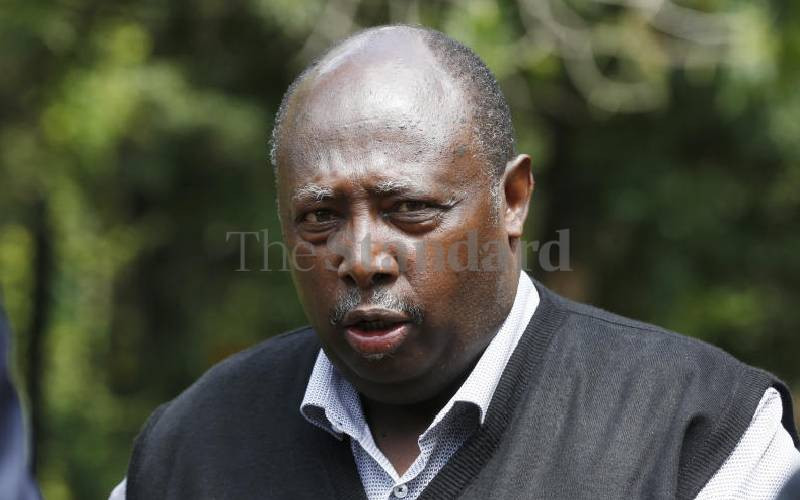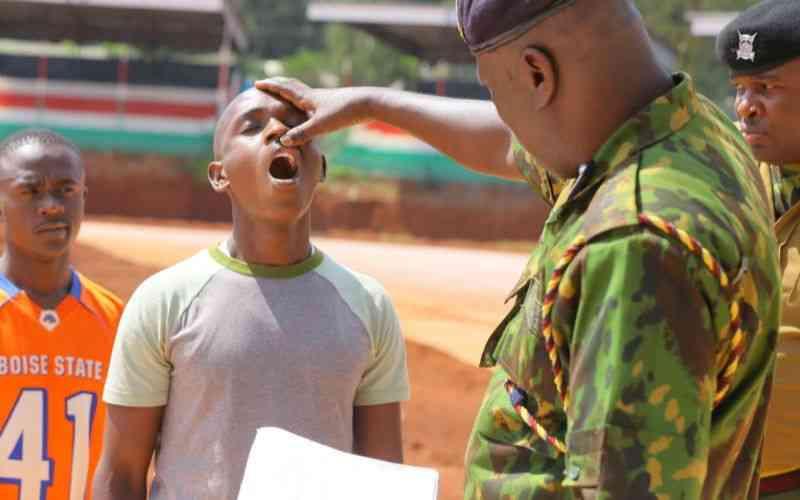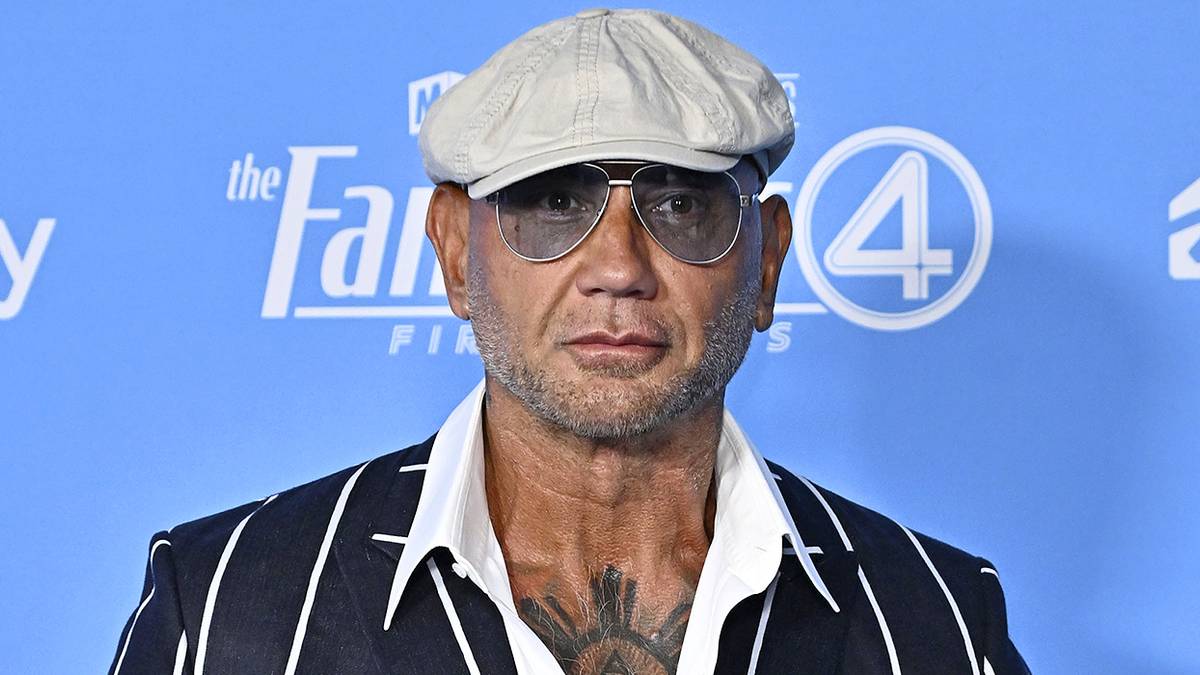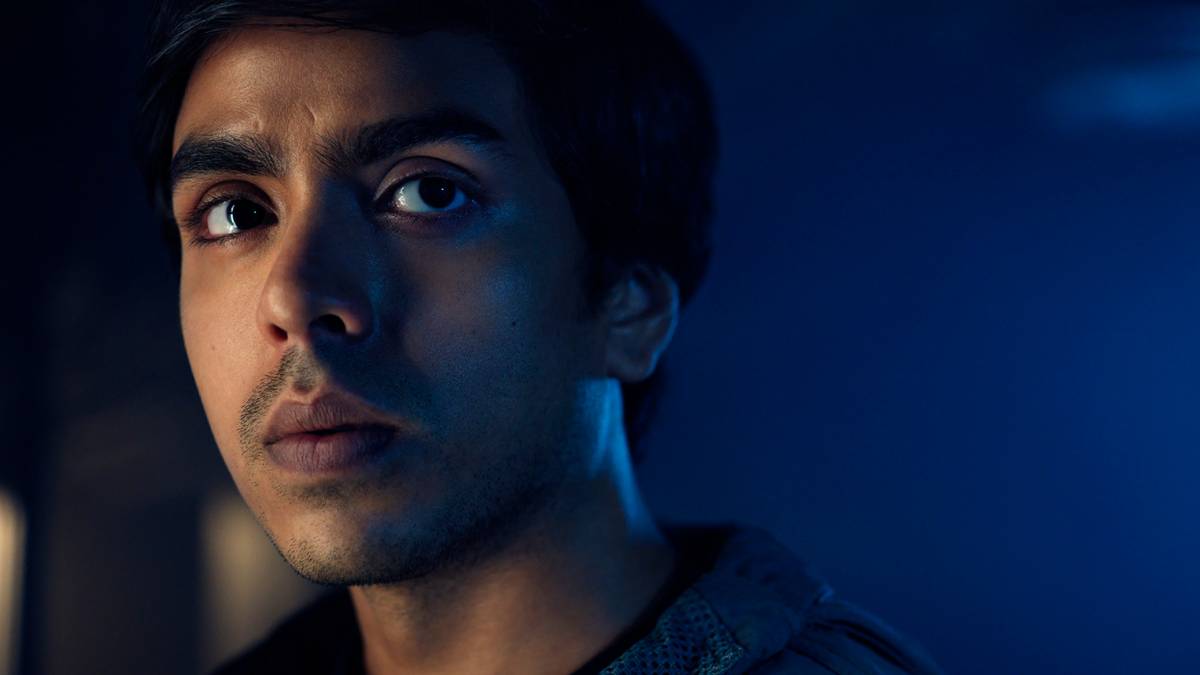Unmasking Injustice: Mbobu's Brutal Killing & Friend's Horrifying '96 Hours in Hell' Ordeal

The brutal murder of senior advocate Kyalo Mbobu has sent shockwaves through the Law Society of Kenya (LSK) and sparked a critical national conversation about extralegal killings and the rule of law. In a related development, city businessman George Wainaina, who had been accused in connection with Mbobu's murder, was officially cleared of suspicion. Speaking from his hospital bed, Wainaina described the accusations as the most traumatic experience of his life.
Mbobu, a distinguished legal practitioner, arbitrator, adjudicator, and law lecturer, was a prominent figure whose death has raised many questions. Following his murder, High Court judgments surfaced, revealing that a client had successfully sued Mbobu to recover Sh97 million held after a land transaction. Subsequent media reports further alleged that Mbobu's life was plagued by significant debts. These revelations have unfortunately led to diverse public opinions, with some lamenting the killing while others, dangerously, have implied that his financial troubles might offer a justification for his death.
Such a mindset, which suggests that extralegal killings can be permissible under certain circumstances, is not only unfortunate but profoundly perilous. It actively legitimizes actions that violate the law and paves the way for a breakdown of societal order. Kenya's robust Constitution unequivocally protects the right to life, with exceptions limited to judicially-sanctioned capital punishment. Despite this constitutional safeguard, extralegal killings remain a persistent issue. Chilling reminders of this reality include the recent murder of a former MP for Kabondo Kasipul under similar circumstances and the alarming number of civilian deaths at the hands of the police. Official records from the June 25, 2024 protests indicate that approximately 61 young people were killed by police officers, with more deaths reported during this year’s June 25 memorial protests.
The pervasive issue of unresolved cases of extralegal killings, coupled with the active involvement of police or state actors, contributes to the radicalization of criminal behavior. This breakdown in the justice system is mirrored in the troubling rise of femicide cases. There are subtle and overt suggestions that extralegal actions, whether perpetrated by law enforcement or civilians, are acceptable in certain situations. This dehumanizing perspective must be rejected, as human life is sacrosanct, and no individual, regardless of their perceived transgressions, deserves to die outside the bounds of natural causes or due process.
Victims of extralegal actions are not mere statistics; they are individuals with families and communities, whose loss is immeasurable. It is imperative that Kenya urgently addresses its cognitive dissonance regarding the rule of law. All discourse surrounding these murders must be firmly rooted in the Constitution and the Penal Code. Police investigations into the death of Mr. Mbobu and all other extralegal killings must be conducted with thoroughness and transparency. Furthermore, criminal justice actors are called upon to collaborate effectively to uphold the Constitution through the swift and impartial delivery of justice. Every unresolved case of extralegal killing erodes public trust and emboldens perpetrators.
The media also bears a significant responsibility to exercise greater caution in its reporting, avoiding narratives that could inadvertently suggest the permissibility or justification of extralegal actions. Entities such as the National Gender and Equality Commission and various civil society organizations must embark on widespread civic education campaigns to challenge harmful narratives and reaffirm fundamental values like human dignity, which are enshrined in Chapter 10 of the Constitution. Finally, political leaders, including the President, must consistently defend constitutional standards. The breakdown of the rule of law places everyone at risk. This critical juncture demands collective action to reinforce the principles of justice, human dignity, and constitutionalism for the betterment of Kenyan society.
Recommended Articles
Graft Wars: Kenya Police Recruitment Drive in Jeopardy Amid Online Bid & Stalemate Chaos

Kenya's Inspector General of Police, Douglas Kanja, has acknowledged deep-seated corruption in police recruitment, propo...
President Ruto Unveils Game-Changing Benefits for Kenyan Teachers

President William Ruto has committed 20% of all affordable housing units to teachers, formalizing the allocation through...
Mungai Eve & Director Trevor's Bitter Split: Heartbreak, Warnings, and Help Conditions Emerge

Digital content creators Eve Mungai and Director Trevor remain at the center of public attention following their breakup...
Kenya Gazes Up: Rare Blood Moon Eclipse Ignites Astro-Tourism Boom and Cultural Wonder

Kenya celebrated a spectacular total lunar eclipse, the 'Blood Moon,' on September 7, 2025, which also marked the launch...
Celestial Spectacle: Africa Prepares for Rare Blood Moon Eclipse, Blending Science with Ancient Beliefs!

Kenyans witnessed a spectacular 'Blood Moon' total lunar eclipse on September 7, 2025, coinciding with the launch of the...
You may also like...
Margot Robbie and Colin Farrell's New Fantasy Film Faces Rotten Tomatoes Score Drop

"A Big Bold Beautiful Journey," starring Margot Robbie and Colin Farrell, is set for release on September 19, 2025, as a...
Highlander Reboot Gets 'John Wick' Level Hype from Dave Bautista and Henry Cavill

Dave Bautista has landed his dream role as The Kurgan in Chad Stahelski's Highlander reboot, a part he has passionately ...
Ozuna Dominates Latin Airplay with 33rd Chart-Topper!

Ozuna's "Sirenita" has officially become his 33rd No. 1 hit on Billboard’s Latin Rhythm Airplay chart, climbing to the t...
Music World Mourns: Hitmaker Omen Passes Away at 49

Renowned hip-hop producer Sidney “Omen” Brown has died at 49. Known for his work with Roc-A-Fella, Drake, Lil Wayne, and...
Alien: Earth Stars Spill on Episode 7's Terrifying Twists and Iconic Sci-Fi Nods

Dive into the intense world of <em>Alien: Earth</em> Episode 7, "Emergence," through interviews with Adarsh Gourav and D...
Emmys 2025 Red Carpet: The Most Stunning Celebrity Looks That Broke the Internet!

The Emmys red carpet redefined celebrity fashion, moving beyond traditional attire to embrace daring and expressive look...
Davido Takes Center Stage: Exclusive Nigerian Act for Coachella 2026!

Coachella has revealed its highly anticipated 2026 lineup, featuring headliners Justin Bieber, Sabrina Carpenter, Karol ...
M&S Autumn Collection Promises High Street Revolution with Style & Value!

Marks & Spencer is shaking up the High Street with its most daring and eclectic fashion collection, the "She's Back" cam...